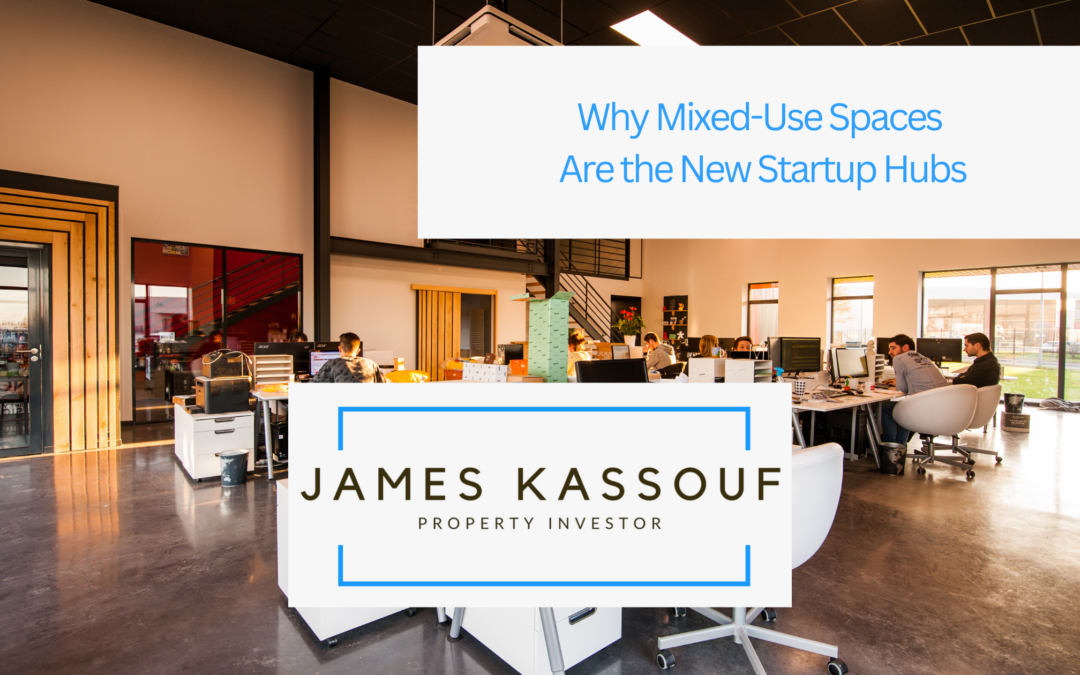Startups thrive in environments that promote flexibility, collaboration, and creativity. Traditionally, these qualities were found in shared co-working offices or incubators. But today, a new trend is reshaping the entrepreneurial landscape: the rise of mixed-use spaces as startup hubs. These dynamic environments—blending residential, retail, office, and community spaces—are becoming the go-to launchpads for forward-thinking founders.
Why the shift? For one, mixed-use developments offer more than just a desk. They provide an entire ecosystem. Entrepreneurs can live, work, network, and unwind in the same area—eliminating long commutes and enhancing work-life balance. When your office is steps away from a coffee shop, gym, grocery store, and even your apartment, productivity and lifestyle improve simultaneously.
The real magic of mixed-use spaces lies in their organic networking potential. Founders rub shoulders with artists, developers, chefs, and freelancers every day, leading to spontaneous collaborations and shared resources. A casual chat at a neighborhood café might spark the next big partnership. This sense of community fuels innovation, and startups benefit from the creative energy of a constantly buzzing district.
From a financial standpoint, mixed-use spaces are also cost-efficient. Startups can often lease smaller, flexible office footprints while taking advantage of shared amenities like meeting rooms, event venues, and high-speed internet—all bundled into a modern, amenity-rich environment. The proximity to potential customers in the same live-work-play zone also creates powerful testing grounds for new products and services.
These hubs are also resilient. Unlike isolated office parks that go dark after 6 p.m., mixed-use developments remain alive around the clock. Foot traffic doesn’t stop, which is ideal for startups in retail, food, or direct-to-consumer sectors looking for visibility and real-time feedback.
Cities and developers are taking notice. Many are now designing new neighborhoods with startups in mind—prioritizing mixed-use zoning, offering business incentives, and including incubator-style spaces within residential towers or community hubs.
For startups looking to break free from outdated office models, mixed-use spaces offer the best of all worlds. If you’re launching a business or looking to scale, consider setting up in a district where life, work, and inspiration flow together. Because the future of entrepreneurship isn’t just in offices—it’s in communities built to grow with you.

